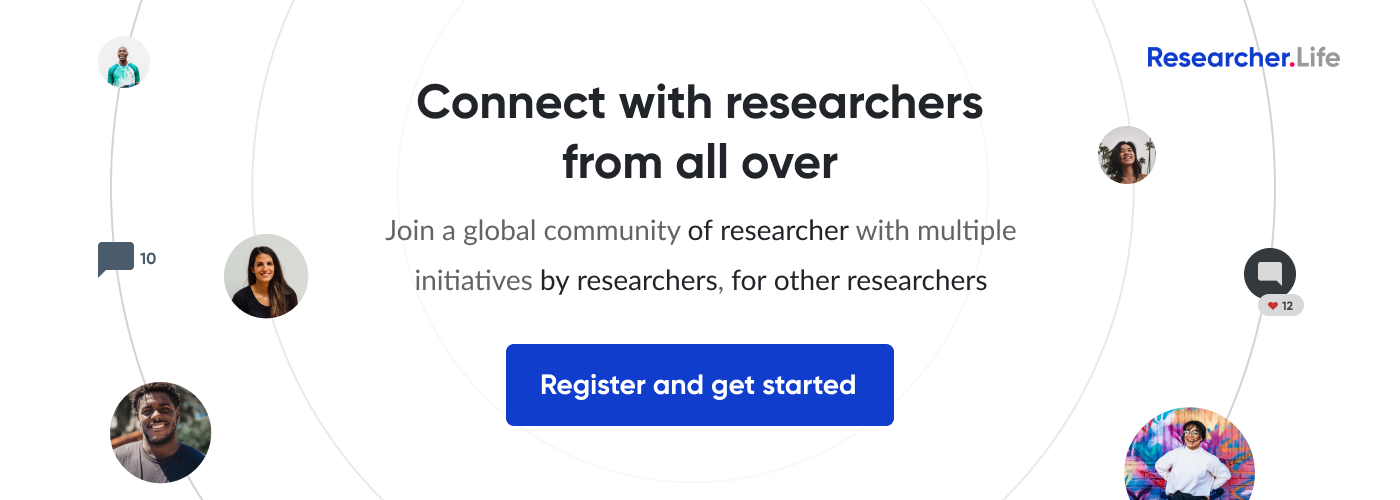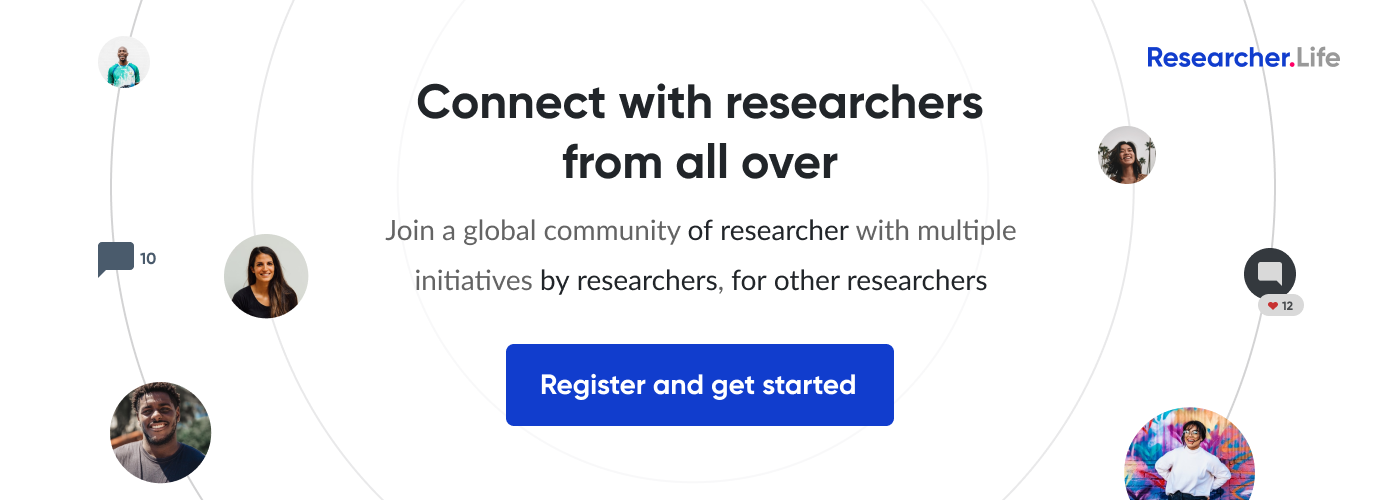Commit to love yourself this Valentine's Day
Self-care for researchers
As a researcher there is a lot you need to deal with, not to mention balancing your research with the demands of your personal life. Often, in the struggle to navigate academic life, researchers neglect themselves. One thing you can do to manage your own physical and mental well-being is practice self-care. In this series we bring you a set of posts that talk about self-care in academia and how you can go about taking care of yourself.

It’s that time of the year when many of us around the world think about the idea of love, celebrate it, express our deepest affection to the people who really matter to us – a loved one, friends, family, etc. – and commit to being there for them through thick and thin. In other words, on Valentine’s Day, we commit to loving somebody else, someone who is NOT US. Let’s pause briefly to explore this gesture of professing love a little further.
Who do you have the longest, actually a lifelong, relationship with?
Yourself!
Who do you reward in times of great joy or neglect in times of extreme stress or anxiety?
Yourself!
Who is always with you through each thought you have, each dream you see, each success you achieve, or each failure you face?
You!
So why not commit to yourself this Valentine’s Day? Why not be your own Valentine and promise to love and cherish yourself, to take care of yourself on every moment of each passing day!
How is this relevant for me as a researcher?
You may wonder how this relates to you as a researcher or an academic. One of our recent articles shared some concerning statistics around the mental health of academics, and this got me thinking (yet again) about the life of a researcher. Being a researcher is no mean feat. Right from applying to a PhD program, conducting the research, and publishing your work to navigating an academic career, managing relationships with your supervisors and colleagues, and dealing with successes and failures, there is a lot you need to deal with – not to mention the demands of your personal life.
Given the highly competitive space that academia is, you are left with no option but to work really hard and test your own limits, and this is what all researchers do. But there’s caveat here – in the struggle to navigate academic life, often, researchers neglect their own physical and mental well-being. While there are larger issues that need to be addressed at the policy or institutional level (such as setting up relevant support systems for researchers, revisiting the academic progression system, etc.), there is one thing you can do by yourself to take charge of your well-being as a researcher – and that is practice self-care.
Did you say “self-care”?
Yes, self-care. And this is what we are asking you to do this Valentine’s Day. Be “self”-ish. Commit to yourself. Focus on your own well-being first so that you feel more confident and energized along each turn of your research journey.
What is self-care?
“Self-care is all about communicating with your soul and saying “Hey, what do you need right now?”
Then doing it.”
6 Types of Self-Care You Need to Know
Self-care is, literally, caring for yourself consciously, deliberately, and about giving your mind and body the attention and care they deserve. It is about making the effort to identify what you need for your own well-being and trying to achieve just that by making small, incremental changes to your daily routine in the lab, library, or at home. Self-care is also about consciously thinking about how you are, how you feel, what you need for your own, and what you need to do to ensure your own physical and mental well-being.
Over the next few weeks, we will share with you a series of interesting posts that talk about how you can go about practicing self-care, how you can feel better about yourself, and feel more self-confident as a researcher. Here’s a quick glimpse of what this series includes:
- Motivational talk: Am I good enough? Learning how to deal with the imposter syndrome: In this free motivational talk, Dr. Fanuel Muindi – Assistant Director, Graduate Programs, The Graduate School of Arts and Sciences, Harvard University – will touch upon something a lot of researchers face during their journey: the imposter syndrome. This brief session will help ease your anxieties and help boost your self-confidence as a researcher. Don’t forget to block your seat here.
- Warning signs that indicate you need to focus on yourself: There are a bunch of people out there who share advice on self-care. But how do you know when you need it? This post will talk about the warning signs you need to watch out for, those subtle feelings you may have ignored that could actually affect your mental health and performance as a researcher.
- Types of self-care: Self-care can be interpreted as a broad term and could also seem somewhat vague. Here, we will talk about the different types of self-care to help you understand what aspect of your life you need to focus on for your overall well-being.
- Apps to help you practice self-care and take care of your mental health: If you haven’t consciously practiced self-care, it could be difficult for you to start doing so overnight. This post will share a bunch of apps that you could use to start focusing on yourself and practicing self-care.
- How easy or difficult is it to practice self-care as an international researcher: A lot of academics move abroad to pursue their PhD or for further research. This post will explore how easy or difficult it is for international students to take care of their emotional, mental, and physical well-being by presenting the views of some researchers.
- A post on lab-induced strain injury: This republished post will talks about repetitive strain injury (RSI), an increasingly common condition among researchers working for long hours in labs, as well as ways to prevent it.
That’s an interesting line-up, isn’t it? So stay tuned to catch up with the posts in this series. And get ready to be your own valentine!
Happy Valentine’s Day!
Do you often feel stressed? Wouldn't it be nice to share your highs and lows with a group of researchers who understand you? Join Researcher Voice, a support group for researchers on Facebook that focuses on their physical, mental, and emotional wellness. Click here to join and read this article to take a sneak peak into what's going on in the group.
Comments
You're looking to give wings to your academic career and publication journey. We like that!
Why don't we give you complete access! Create a free account and get unlimited access to all resources & a vibrant researcher community.




























